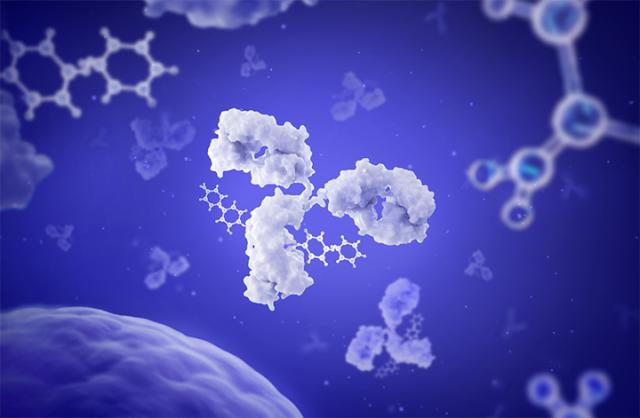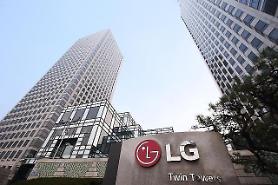
SEOUL, August 04 (AJP) - South Korea will invest 37.4 billion won, or roughly $27 million, this year to advance the use of artificial intelligence and robotics in developing next-generation pharmaceuticals — with a particular focus on precision cancer therapies.
The initiative, unveiled by the Ministry of Trade, Industry and Energy, aims to bolster the country’s competitiveness in the fast-growing field of antibody-drug conjugates, or ADCs — a class of targeted cancer treatments that deliver chemotherapy agents directly to tumor cells, minimizing damage to healthy tissue.
To drive innovation, the ministry will open a public call for research proposals through Aug. 25. Selected projects will focus on three key areas: developing AI models to predict synthetic pathways for ADCs, creating automation modules for their production, and building fully integrated robotic workstations capable of autonomously designing and manufacturing these complex compounds.
“Through this initiative, we hope to establish successful models for AI applications in the biotech industry,” the ministry said in a statement, noting that it plans to continue expanding support for innovation in drug manufacturing among domestic bio firms.
ADCs represent a significant shift in cancer treatment strategy. By chemically linking antibodies, anticancer drugs, and specialized “linkers” into a single molecule, these therapies can home in on cancerous cells with high precision — a stark contrast to conventional chemotherapy, which often causes collateral damage to healthy tissues. Once bound to a tumor cell, the ADC releases its drug payload internally, attacking the cancer from within.
Global demand for ADCs is rising rapidly.
According to Evaluate Pharma, the market reached approximately $10 billion in 2023 and is expected to grow at an annual rate of 22.9 percent, hitting $28 billion by 2028. Experts say the pace of innovation will be key to securing leadership in the sector, especially as new “linker-drug” platforms gain traction.
By investing in AI-powered autonomous labs and next-generation manufacturing systems, the government hopes to reduce drug development timelines, lower production costs, and enhance the global competitiveness of Korean bioenterprises.
Copyright ⓒ Aju Press All rights reserved.


